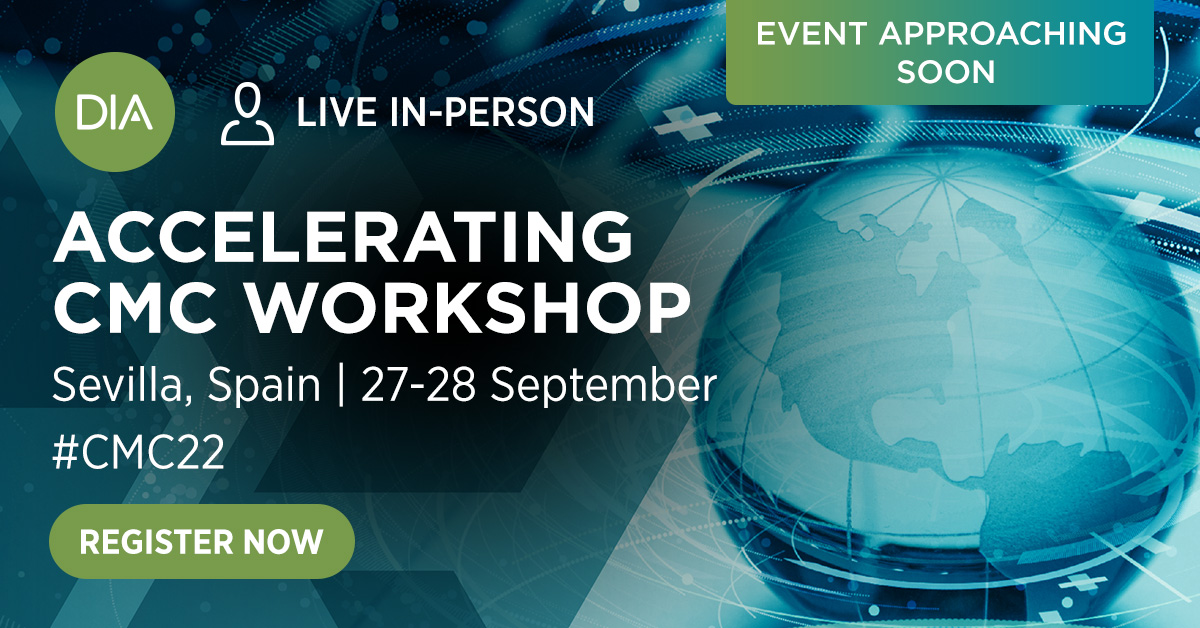Table of Contents
Subscribe
Love Global Forum’s new online format? Subscribe today and never miss an issue.
Editorial Board
Content stream editors
Gary Kelloff US National Institutes of Health
Ilan Kirsch Adaptive Biotechnologies Corp.
regulatory science
Isaac Rodriguez-Chavez ICON plc
Patient engagement
Trishna Bharadia Patient Advocate and Media Contributor
Mary Stober Murray National Minority Quality Forum
Editorial Staff
Sandra Blumenrath, Managing Editor, Scientific Publications DIA Scientific Communications
Chris M. Slawecki, Senior Digital Copyeditor DIA Scientific Communications
Regional Editors
David Mukanga Bill and Melinda Gates Foundation
ASEAN
Jin Shun Sandoz
AUSTRALIA/NEW ZEALAND
Richard Day University of New South Wales, Medicine, St. Vincent’s Hospital
CHINA
Ling Su Shenyang Pharmaceutical University, Lilly Asia Ventures
Europe
Julie O’Brien Pfizer
INDIA
J. Vijay Venkatraman Oviya MedSafe
JAPAN
Ozawa Goshi Real Discovery Outdoors Co,. Ltd.
LATIN AMERICA
Cammilla Gomes Roche
USA
Ebony Dashiell-Aje BioMarin
Young Professionals Editor
DIA Membership
Bringing together stakeholders for the betterment of global health care.
n today’s increasingly complex and intricate pharmaceutical landscape, industry and regulators alike frequently state the same core aim: to ensure that pharmaceutical products offer significant benefit to patients. This concept is captured via varied phrasing including reference to the voice of the patient, benefit/risk analysis, confidence in the next dose, and patient centricity, among many others. However, in all cases, fundamental benefit to patients is essential and is broken down into three pillars: efficacy, safety, and quality. Accordingly, in the pharmaceutical quality landscape, it is critical to develop common ground among regulators and industry when discussing patient centricity.
Research Involvement and Engagement, BMC
atient authorship of peer-reviewed publications is increasing, with patients not only presenting their own or academic research, but also participating as co-authors of pharmaceutical company-sponsored research. In this two-part series we:
- highlight the drivers and value of involving patients as authors from both the patient and industry perspectives (Part A), and
- discuss how journals are evolving to facilitate inclusion of the patient voice in peer-reviewed publications and extend the reach of publications to lay audiences (Part B).
Research Involvement and Engagement, BMC
atients are becoming increasingly involved in medical publications. This includes taking an active role in the publication process, as well as reading peer-reviewed journals that have traditionally considered their audience to be healthcare specialists. As academic publishers have traditionally worked with researchers and professionals across academia and industry, they are less familiar with working with patient communities or members of the public. This has led to a need to develop new ways of working that are appropriate both for the publishers, and for the patients and patient representatives with whom they are engaging.
harmaceutical labeling is continuously in the spotlight, due to FDA regularly issuing new guidelines, including these in May 2022, to which manufacturers must adhere. Historically, the management and tracking of labeling required a “mishmash” of different solutions for various aspects of the labeling operation, including programs like Microsoft Project for planning and monitoring. The regulatory agency also requires drug companies to create a risk minimization plan, particularly for sensitive medications such as those that can affect pregnancy.
Meeting Highlights: DIA Global Annual Meeting 2022
Meeting Highlights from DIA Global Annual Meeting 2022

n Association executive, two regulators, two professors, a patient advocate, a patient, and a graphic artist walked into a packed congress hall. Inspiration ensued.
“This was a nice way for us to understand the impact of DCT deployments in clinical trials and compare performance. And we learned through those comparisons that DCT-supported protocols generated or yielded faster cycle times, not only in the study initiation phase or during the study closeout phase,” Ken explains. “When we dug deeper, we found that some of the partial explanation for this speed advantage improvement in the DCT-supported trials was associated with recruitment and retention improvements, as well as a reduction in the number of protocol amendments.”
“Financial return on investment is obviously valuable and good,” Pam continues. “But we also need to think about the patient experience in these trials and how that might be improved. As you make trials easier for people to participate in, we can start reaching people that represent the disease and not just the ones that are able to participate. As an industry, we have the responsibility to provide data to show the promise that we always say DCTs will bring. That will also accelerate responsible adoption, giving us a pathway to having more evidence for all these other diseases that we don’t quite have evidence for.”
![]() Podcasts
Podcasts
Around the Globe
n July 16, 2022, the Executive Council of the African Union (AU) announced that Rwanda had been selected to host the first headquarters of the African Medicines Agency (AMA).
The AU approved the treaty for establishing the AMA in February 2019 after five years of consultations across the African continent led by a task force established by the World Health Organization (WHO) and AU Commission. The Agency was formally established after the minimum number of 15 ratifications by AU countries was reached in November 2021. In fact, as of May 2022, 31 of the 55 nations in the AU have signed/ratified the treaty (19 ratified and deposited + 3 ratified but not yet deposited + 9 signed but not ratified).
![]() Podcasts
Podcasts








